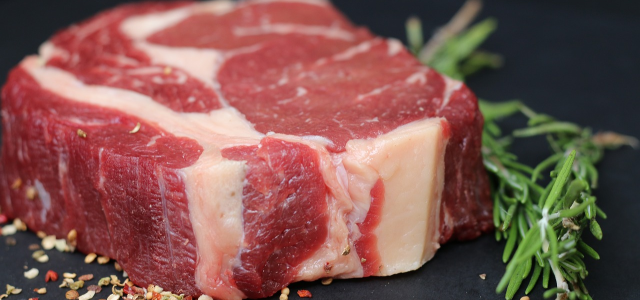Two recent approvals of cultivated meat technology in the United States have opened up new avenues for the food industry. This marks a significant milestone in the field of alternative protein production and has far reaching implications, not only for the US market but also for the global cellular agriculture IP landscape.
The US approval landscape
On Wednesday 21 June 2023, the United States Department of Agriculture (USDA) approved the sale of cell-cultivated chicken, for the first time, by UPSIDE Foods and GOOD Meat, signalling a major shift in the perception and acceptance of this innovative technology. This makes the US the second jurisdiction to approve cultivated meat for sale, after Singapore in late 2020.
Along with the United States Food and Drug Administration (FDA), the USDA has established a regulatory framework for the oversight of cultivated meat production, ensuring safety, labelling requirements, and compliance with existing food regulations. This collaborative approach paves the way for other countries to follow suit and develop their own regulatory frameworks, ultimately facilitating global market access for cultivated meat products. The ball already appears to be rolling in other countries such as the UK, where recommendations for changes to the UK’s Novel Foods Regulatory Framework have recently been published in a report commissioned by the UK’s Food Standards Agency (FSA).
Cellular agriculture IP landscape
Increased investment driving further innovation
The US approvals are likely to fuel increased investment and innovation in the cultivated meat sector. Investment in alternative protein technologies was already on the rise worldwide, with the Good Food Institute announcing recently that total investment in the sector over the last decade has now surpassed $14 billion, with $2.8 billion in cultivated meat. UPSIDE Foods’ $400 million Series C round in 2022 represents the biggest single round of funding in the US, with more deals of this scale sure to follow in light of the approvals.
Companies, researchers, and investors now have a clearer path to navigate the regulatory landscape, providing a more stable environment for long-term commercial planning. This certainty is expected to attract more funding, enabling further research and development to enhance the efficiency, scalability, and cost-effectiveness of cultivated meat production. Consequently, a surge in patent filings can be anticipated as stakeholders strive to protect their advancements and secure a competitive advantage.
Global patent filing strategy
Companies seeking international protection for their innovations will prioritise countries like the US as a key jurisdiction, given their influential position in the global market. Securing robust patent protection in the US will not only provide exclusivity within the country but also strengthen the overall portfolio and enhance the credibility of the technology, making it more attractive for potential licensing and partnership opportunities abroad.
Intellectual property disputes
With the rising interest and investment in cultivated meat technology, we anticipate a corresponding increase in intellectual property disputes. As companies race to establish dominant positions, litigation may become more common as competitors seek to assert and/or defend their intellectual property rights, or challenge the validity of others’ patents.
Collaboration
The US approvals could also encourage collaboration and open-up licensing opportunities. Cultivated meat technology is multidisciplinary, requiring expertise in cell biology, tissue engineering, bioprocessing, among others.
Companies holding valuable patents in specific areas can explore strategic collaborations with complementary players to leverage their combined knowledge and resources. Global nutrition company ADM recently announced their partnership with Believer Meats to work on scalability and eventual commercialisation of Believer’s proprietary cultivated meat products. Licensing agreements can provide a means for technology transfer, allowing companies to share advancements while generating revenue through royalties. Such collaborations and licensing arrangements can accelerate the pace of innovation and broaden the reach of cultivated meat technology globally.
Indeed, the CEO of Eat Just (the parent company of GOOD Meat) recently called for increased global collaboration across the industry, explaining that in addition to the support of regulators, progress for the cultivated meat movement “requires the work of multiple companies across multiple geographies”.
The recent approvals of cultivated meat technology in the United States have significant implications for the global cellular agriculture IP landscape, representing a crucial step forward in the journey to find alternative, environmentally-friendly, and ethically-sound methods of meat production. Stakeholders in the cultivated meat industry should pay attention to the evolving patent landscape, and carefully design and be prepared to flex their intellectual property strategies to maximize the opportunities afforded by these recent developments.
Written by Adam Gregory, Partner, Patent Attorney and Emily Lythell, Patent Technical Assistant, Mewburn Ellis













